Mounting evidence implicates cerebellum in autism
Results from four studies published in the past year point to a role for the cerebellum in autism-related behaviors.

Results from four studies published in the past year point to a role for the cerebellum in autism-related behaviors.
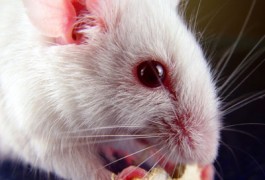
Mice with a duplication of SHANK3, a gene with strong links to autism, are hyperactive and manic, reports a study published 7 November in Nature.
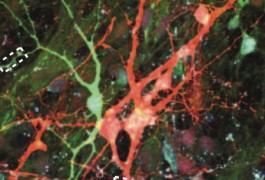
A new stem-cell model of Phelan-McDermid syndrome points to a possible treatment for the rare autism-related disorder, according to a study published in Nature.

The majority of people lacking a functional copy of the SHANK3 gene have both autism and severe intellectual disability, according to a study published 11 June in Molecular Autism.
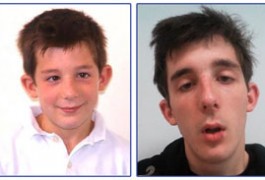
Characteristic symptoms of Phelan-McDermid syndrome — a disorder caused by the loss of the 22q13.3 chromosomal region — may include bipolar disorder and a sudden loss of skills during adulthood, according a study published in June in Molecular Syndromology.
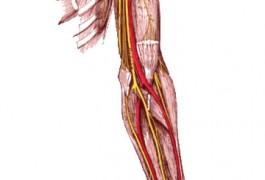
Motor neurons derived from individuals with Phelan-McDermid syndrome, a rare autism-related disorder, form abnormal connections with muscle cells. The unpublished research was presented 26 July at a meeting of the Phelan-McDermid Syndrome Foundation in Orlando.
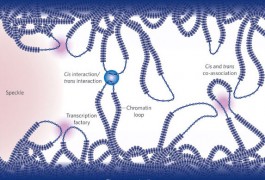
Identifying genetic variants that affect the expression of other genes can enhance traditional gene association analyses and highlight candidate risk factors for autism, according to a study published 16 May in Molecular Autism.
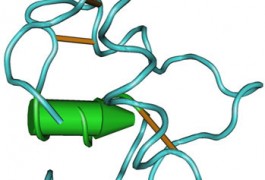
A small clinical trial at the Seaver Autism Center at Mount Sinai aims to test whether an existing drug, the growth factor IGF-1, will help treat some of the core symptoms of autism in children with a specific genetic mutation.
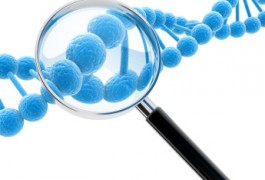
An analysis of large duplications and deletions of DNA has identified new candidate genes for autism in pathways linked to the disorder. The results were published 22 May in Human Molecular Genetics.
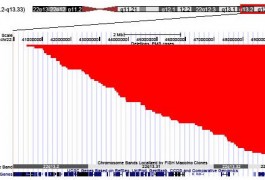
In a study of people missing an autism-linked region on chromosome 22, researchers have found that the larger the deletion, the more likely the individual is to have severe symptoms, from motor and speech delays to a large head and fleshy hands.